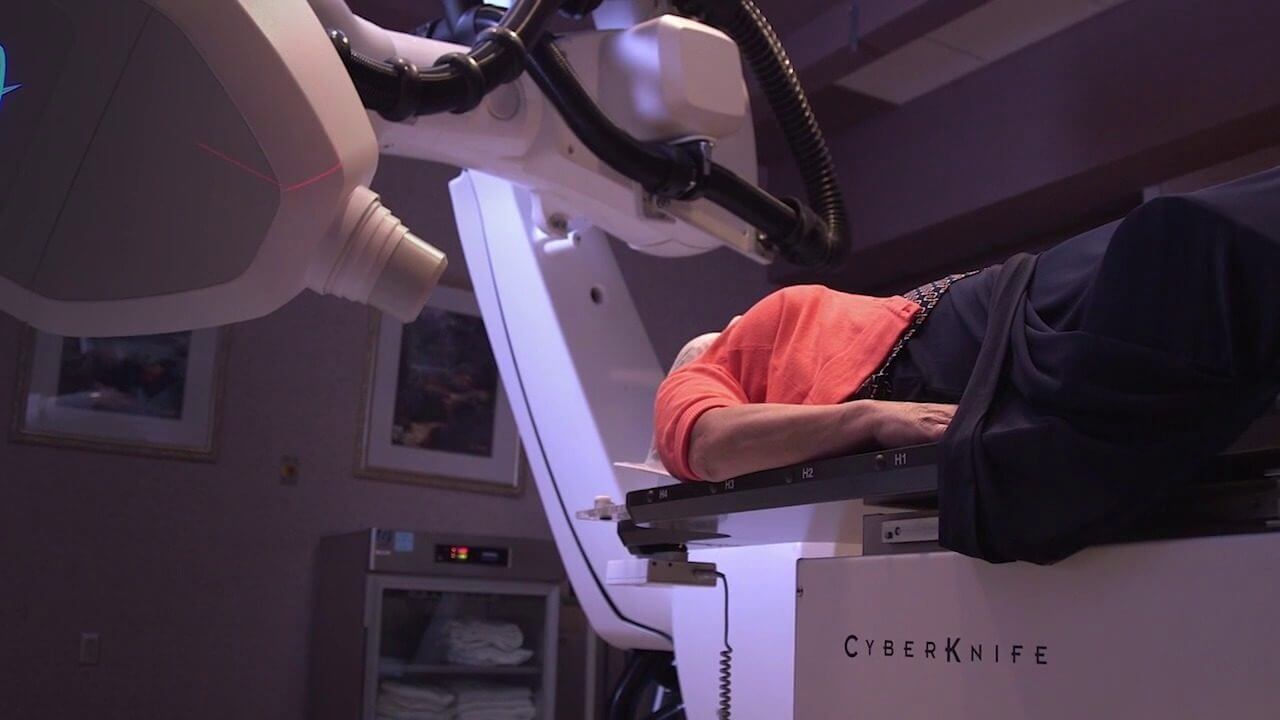Treatment for Bleeding on the Brain
Treatment for Bleeding on the Brain
Nicolas Villelli, MD, Neurosurgery
Baptist Health Lexington
Daniel Hunt, Lexington, Kentucky
Nicolas Villelli, MD:
A hemorrhagic stroke is any type of brain bleed that a patient sustains. There are different types. Some of the more common ones are subarachnoid hemorrhages, which are often caused by aneurysms. There are also intracerebral hemorrhages, which can come from something like hypertension or even a tumor.
Daniel Hunt:
I lost my balance a couple of times and that made me fall on my knees a couple of times. My speech started to slur. I had a headache also. That was something that probably was caused by the brain bleed that I had.
Nicolas Villelli, MD:
In Danny's case, he came in with an intracerebral hemorrhage that was caused by high blood pressure. A lot of times we can manage these conservatively and watch the patient, and that blood will dissolve on its own. Because he was young, his brain did not have a lot of space to swell from the blood, and it was a life-threatening issue. That's why we decided to take the blood clot out of his head.
We were able to do that through a very small incision on the right side of his head, and we made a little hole in the skull. Through that, I was able to dissect down into the area where the bleed was, and then we gently removed it with suction.
The day after surgery, he was much more awake, he was moving his left side. He had a great response from the operation and it's very rewarding to see that. It can be high stress. When you see a really good outcome, it makes it all worth it.
Daniel Hunt:
If it wasn't for him and getting the blood clot out of my brain, then I probably wouldn't be here today. I'm grateful.



